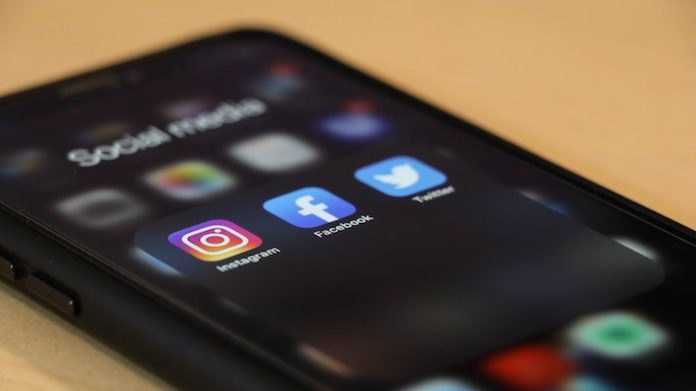
When I took my first college writing class, I focused my final assignment on the mental health effects caused by social media and the prevalence of needing to present a perfect image to peers.
At the time, I only had Snapchat on my phone.
I had enough insecurities and knew that I didn’t need pictures of girls more fun, beautiful, and interesting than me exacerbating that inner critic.
Recently the Wall Street Journal published an article about a Facebook research study which revealed the significant teen mental health issues caused by their platforms. One frightening highlight from the article is that Instagram makes body image issues worse for one in three teen girls.
The article states, “the tendency to share only the best moments, a pressure to look perfect, and an addictive product can send teens spiraling toward eating disorders, an unhealthy sense of their own bodies, and depression.” Not only does Instagram perpetuate feelings of not being good enough, but it also forces teens to question the strength of their friendships — a key determinant to social health.
Not only do perfectly-curated pictures draw insecurity from teenage girls, but the number of followers or likes contribute to diminishing value of one’s self-worth.
By quantifying the number of people interested in your life, Instagram provides a numeric value to one’s perceived worth.
As one of the few women my age without Instagram, I am constantly bombarded by friends asking why I don’t have one or telling me I should download the app and only follow them. They only want to tag me in funny pictures.
The issue with this is figuring out where it ends. If I follow one of my friends, my other friends get upset that I’m not following them. By that point, I end up having a full-blown Instagram account — something I was trying to avoid all along.
I know that I’m missing out on funny content or the latest trends, but I’ve decided that the positives of not comparing myself to others strongly outweigh the negatives of potential FOMO. I’ve found replacement sources of humor in TikTok, Netflix, and conversations with friends. And in terms of following the latest trends, I am perfectly happy wearing the same pair of jeans I rocked in college.
As females we already struggle with comparing ourselves and battling internal monologues telling us we’re not good enough.
Why would we seek out another source of criticism just so that we can post a superficial, highly-edited picture to continue the feedback loop? Instagram doesn’t exist for people to post their real lives, only positive versions of themselves. We’d never post about a breakup, a bad day at work, or bloating after a delicious meal. Without the scale tipping back toward reality, we begin to believe the fallacy that perfection is the natural state.
I will never download Instagram. I have no desire to wake up every morning with that negativity swirling through my head. I prefer a nice cup of coffee, the Wall Street Journal, and some good strength training.



















Very insightful, gives us lots to think about when it comes to social media